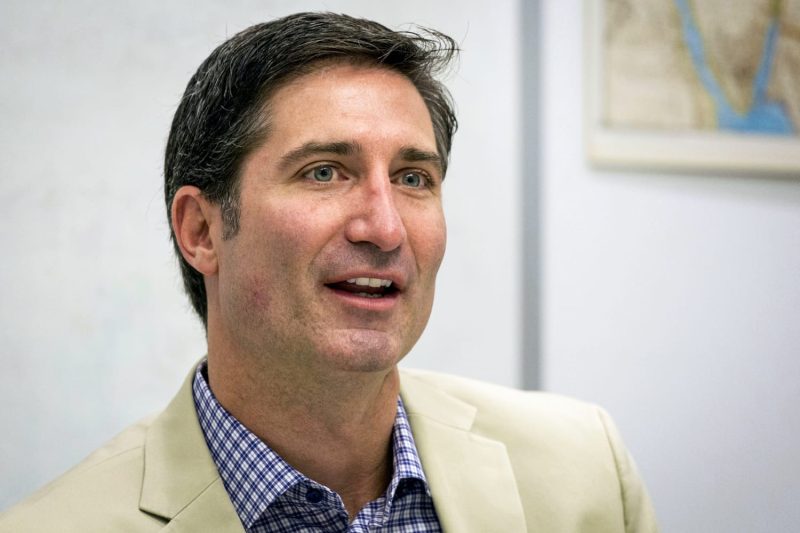In a move that has stirred discussion within the corporate world, Starbucks recently announced its decision to grant incoming CEO Brian Niccol a sizable package consisting of $85 million in cash and stock as he departs from his previous role at Chipotle. This substantial compensation package has raised eyebrows and incited debate about executive pay and incentives in the business realm.
The decision to reward Niccol with such a substantial package undoubtedly reflects the faith that Starbucks’ board and stakeholders have in his ability to drive the company forward. With his track record of success at Chipotle, where he managed to revive the brand and significantly boost its performance, Niccol is seen as a competent leader who can steer Starbucks toward sustained growth and profitability.
However, the staggering amount of the compensation package has sparked concerns about income inequality and the growing disparity between executive pay and that of ordinary employees. Critics argue that such exorbitant rewards at the executive level perpetuate existing income disparities and do little to address the broader issue of fair compensation across all levels of an organization.
Moreover, the optics of such a generous package in the midst of economic uncertainty and a global pandemic raise questions about corporate responsibility and prioritization of resources. While executive talent certainly deserves to be compensated fairly, there is a fine line between rewarding performance and perpetuating a system of excessive executive compensation that can be perceived as out of touch with reality.
The case of Brian Niccol’s compensation package at Starbucks serves as a microcosm of the broader conversation around executive pay in corporate America. As companies navigate the complexities of talent retention, leadership succession, and performance incentives, it is crucial for boards and executives to strike a balance between rewarding top talent and ensuring fair compensation practices that align with the values of the organization and society at large. Ultimately, the debate over executive pay will continue to evolve as stakeholders push for greater transparency, equity, and accountability in corporate governance practices.

